Are you tired of sorting through a pile of leads and struggling to keep track of them all? Managing leads can be a daunting task, but with the right software, it can be a breeze. In this blog post, we will explore the benefits of lead management software and how to effectively use it to increase your sales and productivity. Keep reading to learn how you can simplify your lead management process and take your business to the next level.
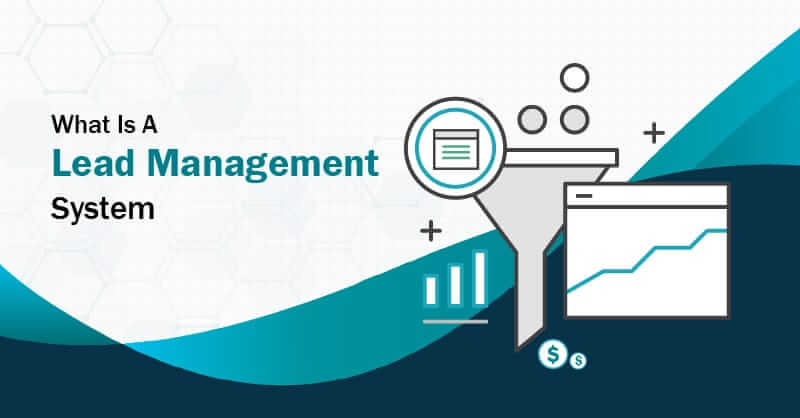
What is lead management and why is it important
Lead management is the process of collecting, organizing, and nurturing potential customers, also known as leads, into paying customers. It is important because it ties together lead generation with sales opportunities, ensuring that no leads are missed, and maximizing the chances of converting them into paying customers. By utilizing lead management software, businesses can efficiently capture and track leads, prioritize them through lead scoring, and nurture them for improved communication and engagement.
Effective lead management can also aid in the conversion process through a strategic approach. Finally, measuring the success of the lead management system through analytics can help optimize the system’s effectiveness, leading to a more profitable business. With the many benefits of lead management, it’s important for businesses to choose the right software that meets their specific needs.

Benefits of using lead management software
Effective lead management is essential for any business to thrive in today’s competitive market. By implementing lead management software, businesses can enjoy numerous benefits.
Firstly, it minimizes the number of leads that are neglected by keeping the communication channels open with meaningful prospects.
Secondly, lead management software automates several steps, making it more efficient and less time-consuming for sales representatives.
Thirdly, it provides a centralized platform to capture, organize and track leads effectively.
Fourthly, it facilitates more effective lead nurturing, by allowing businesses to develop targeted campaigns to engage with leads at every stage of the sales funnel.
Finally, it enables businesses to convert leads into customers with a strategic approach, thus increasing revenue and long-term customer loyalty.
Overall, lead management software is a game-changer for businesses seeking to optimize their sales process and stay ahead of the competition.

Key features to look for in lead management software
When searching for lead management software, there are several key features to keep in mind to ensure that you are choosing the right platform for your business needs. Firstly, look for a tool that allows you to visualize your leads in multiple ways, such as through a Kanban board, to better understand where each lead stands in your sales funnel. Secondly, prioritize platforms that offer real-time lead tracking, which can help your team better estimate lead value, improve sales forecasting, and optimize resource allocation.
Finally, seek out software that streamlines communication and collaboration across your team, making it easier to assign tasks and track progress towards closing deals. By investing in a lead management system that offers these features and more, you can take control of your lead pipeline and drive growth for your business.
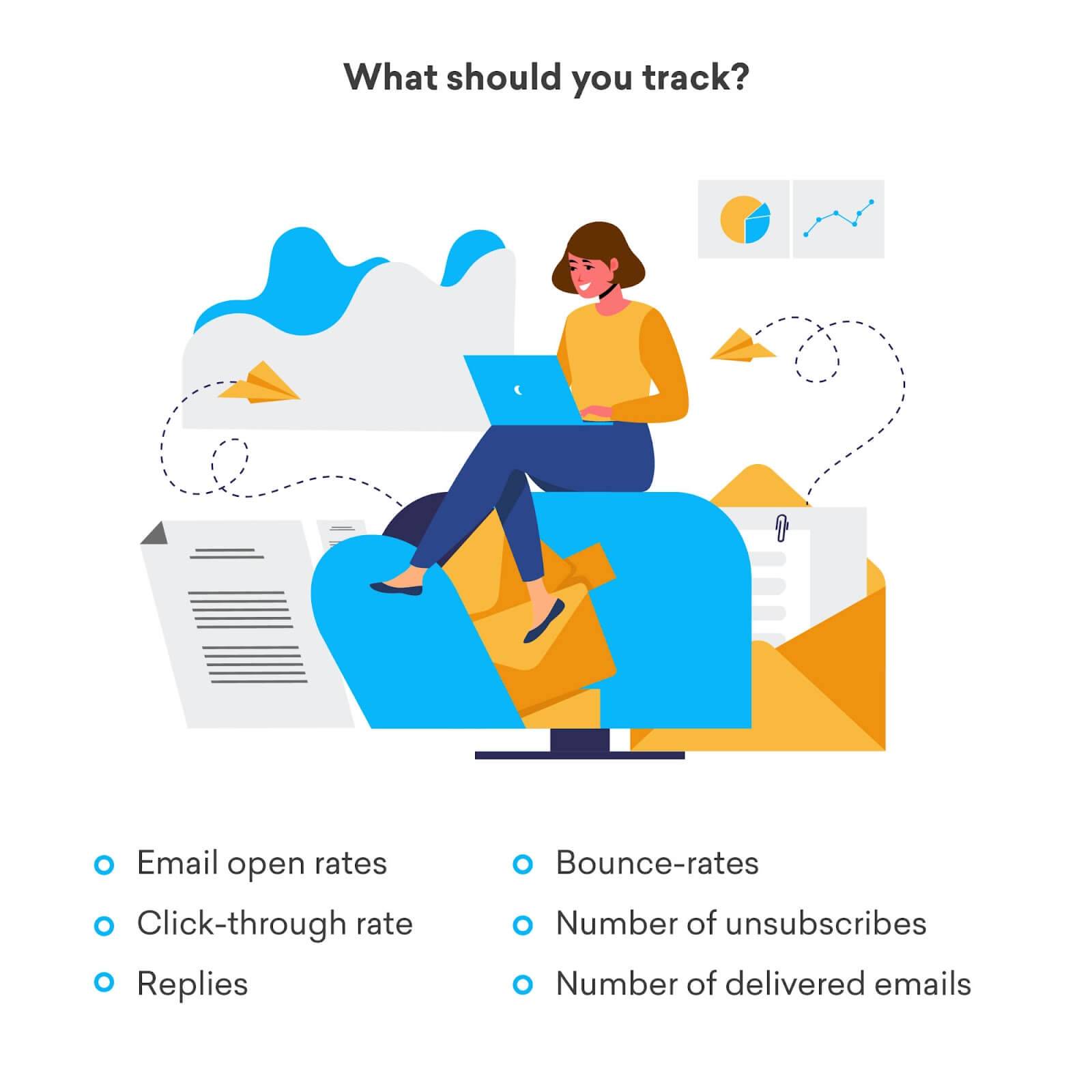
How to capture and track leads effectively
To effectively manage leads, capturing and tracking them effectively is crucial. The first step in lead capturing is gathering information from various sources such as web forms, social media, and landing pages. This information can be stored in a central database or CRM system for easy access and analysis. With the help of lead management software, businesses can automate lead capturing, ensuring that valuable leads are not missed. Once leads are captured, it’s important to track them through the sales cycle to ensure that all leads are being properly nurtured and eventually converted into customers.
With the analytics tools available in lead management software, businesses can gain insight into the progress of leads and adjust their lead management strategy accordingly. By implementing these practices, businesses can effectively manage their leads, resulting in higher quality leads and increased conversions.
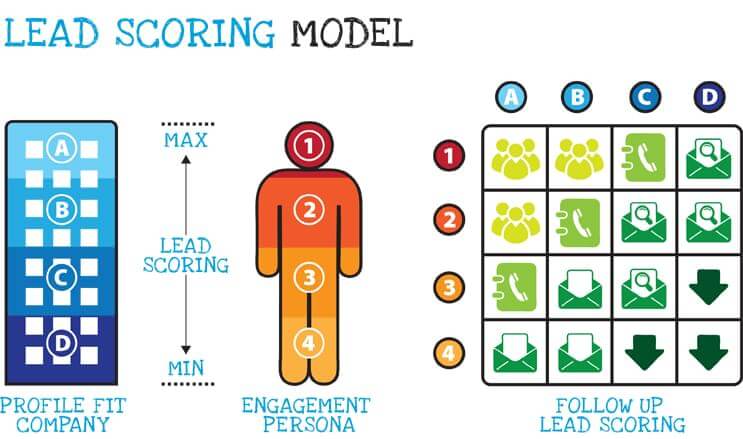
Implementing lead scoring for improved lead prioritization
To improve lead prioritization, businesses can implement lead scoring techniques. This involves assigning scores to each lead based on their level of interest and interaction with the company through various channels such as website visits, email opens, and social media engagement. Lead Management software can enable automatic lead scoring to take place to provide a standardized process to lead scoring .
By analyzing this data, businesses can better identify which leads are most likely to convert and focus their efforts on nurturing those leads. This also helps bridging the communication gap between the sales and marketing teams, ensuring that sales personnel spend their time productively with the leads having highest buying intent. Lead scoring is essential to ensure a robust lead management process and increase conversion rates to drive revenue growth.
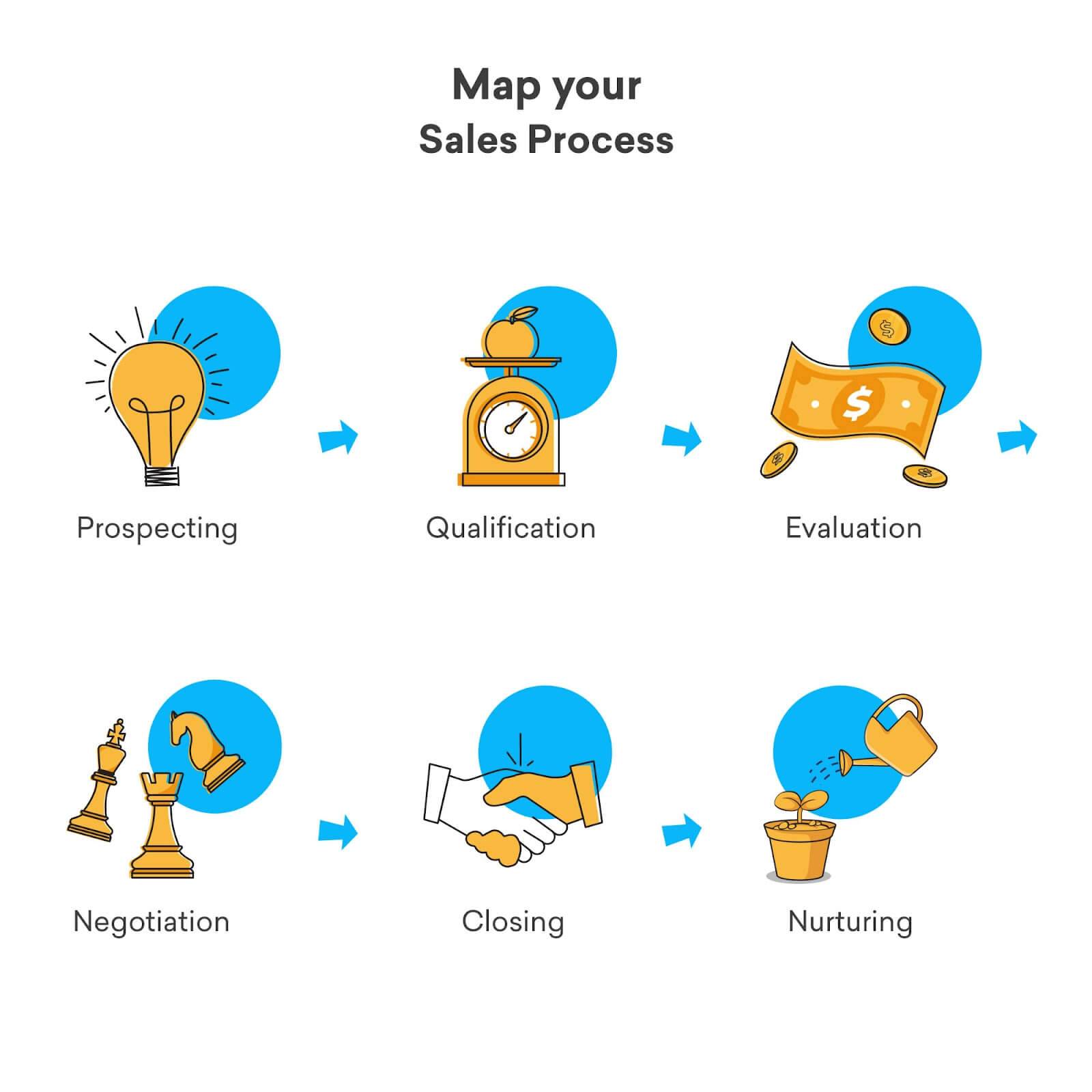
Nurturing leads through effective communication and engagement
Once you have captured your leads through your marketing efforts and lead scoring, the next step is to nurture them through effective communication and engagement. This involves using multi-channel lead nurturing techniques, such as email drip campaigns with marketing automation tools like Pardot. It’s also important to tailor your follow-up phone or video calls based on the information each lead has provided you in the past. By listening to their needs and wishes, you can create a personalized experience that will keep your company ‘front of mind’ and build trust over time.
Additionally, re-engaging with leads from time to time can help you identify those who are ready to move forward in the sales process. All of these strategies can help you convert leads into satisfied and loyal customers.
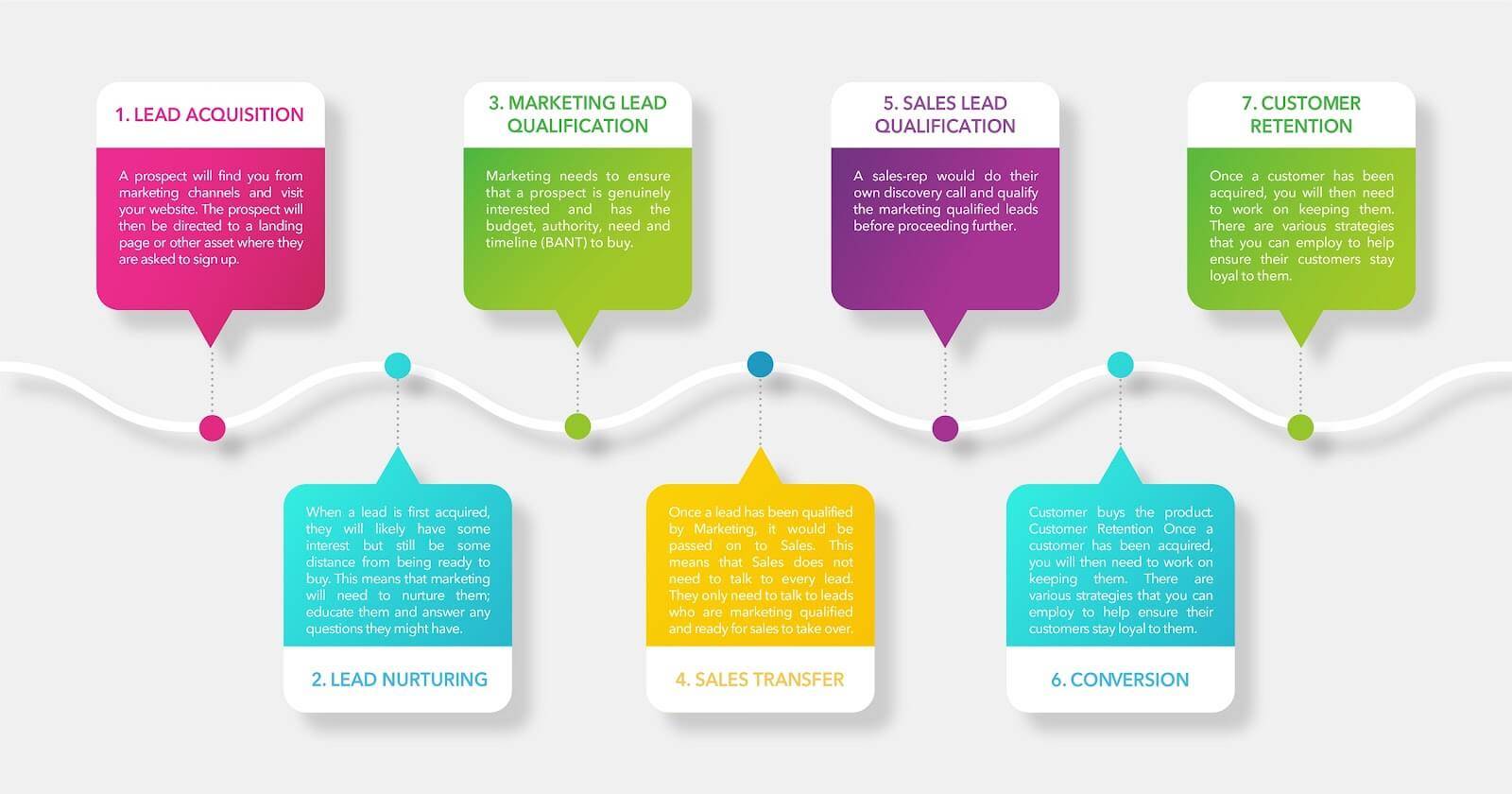
Converting leads into customers with a strategic approach
After capturing and tracking leads effectively and implementing lead scoring for improved prioritization, it is time to focus on converting those leads into customers with a strategic approach. This involves effective communication and engagement with the leads through personalized messaging and targeted content. Nurturing leads is important, and it can be done by offering valuable resources and answering their questions promptly. It is also important to segment the leads based on their interests and behaviors for better targeting.
The ultimate goal is to successfully convert leads into paying customers by providing them with a seamless customer journey that offers value at every touchpoint. By measuring the success of the lead management system through analytics, it is possible to identify areas for improvement and continuously optimize the approach for better outcomes. With the right lead management software and a strategic approach, businesses can effectively manage their leads and grow their customer base.
Measuring the success of your lead management system through analytics
Measuring the success of your lead management system through analytics is crucial in determining the effectiveness of your lead generation and conversion efforts. By utilizing key performance indicators (KPIs) and metrics, you can identify which lead sources and campaigns are generating the most qualified leads, as well as the stages in the sales funnel where leads tend to drop off. This allows for targeted improvements to be made to your lead management process, resulting in higher conversion rates and increased revenue.
Additionally, analytics can help you identify patterns and trends in customer behavior, allowing for more personalized and effective communication and engagement with leads. Through consistent monitoring and analysis, you can continuously optimize your lead management system for better results.
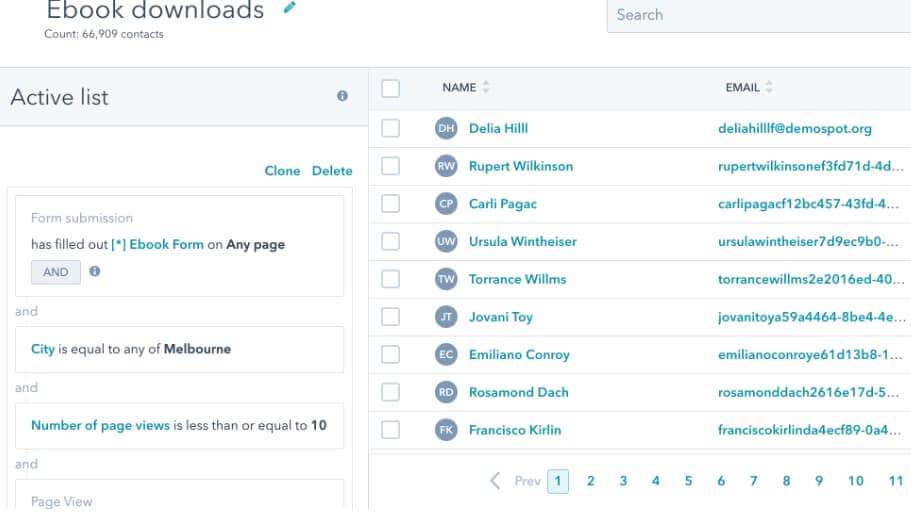
Best practices for effective lead management with software
When it comes to lead management with software, there are several best practices that businesses should follow in order to ensure they are effectively capturing and converting leads. One important strategy is to segment the database within the CRM system, so that leads can be targeted with relevant content and communication. It is also crucial to establish a clear sales process and set goals for lead management. Implementing lead scoring can help prioritize leads and ensure that resources are allocated appropriately. Nurturing leads through effective communication and engagement is also key, as it increases the likelihood of conversion. It is important to measure the success of the lead management system through analytics and adjust strategies as needed.
Finally, choosing the right lead management software for a business’s needs is critical in ensuring effectiveness and efficiency in lead management. By following these best practices, businesses can maximize their lead potential and ultimately drive growth.
Choosing the right lead management software for your business needs
After understanding the importance and benefits of lead management software, the next step is to select the right one for your business needs. It is essential to evaluate the key features that fit your requirements, such as lead capture, automation, lead nurturing, lead scoring, and analytics. Careful consideration should also be given to the software’s compatibility with your existing systems and the level of support offered by the vendor.
Additionally, businesses should assess the scalability and pricing models of the software to ensure that it can grow with their needs without breaking the budget. By choosing the right software, businesses can efficiently manage their leads, convert them into customers, and achieve long-term success.

Conclusion
In conclusion, it is evident that investing in lead management software can significantly improve the efficiency and effectiveness of a business’s sales pipeline. The benefits of using such software tools include increased visibility into the sales pipeline, the ability to identify potential customers through lead generation, and the implementation of AI-powered contact scoring to prioritize leads effectively.
Additionally, lead nurturing through effective communication and engagement is crucial for converting leads into customers. Sales managers can measure the success of their lead management system using analytics and implement best practices for effective lead management with software. In selecting the right lead management software, businesses should consider key features such as lead capture and tracking capabilities.
Ultimately, the successful implementation of a lead management system can help organizations achieve their long-term growth goals.



